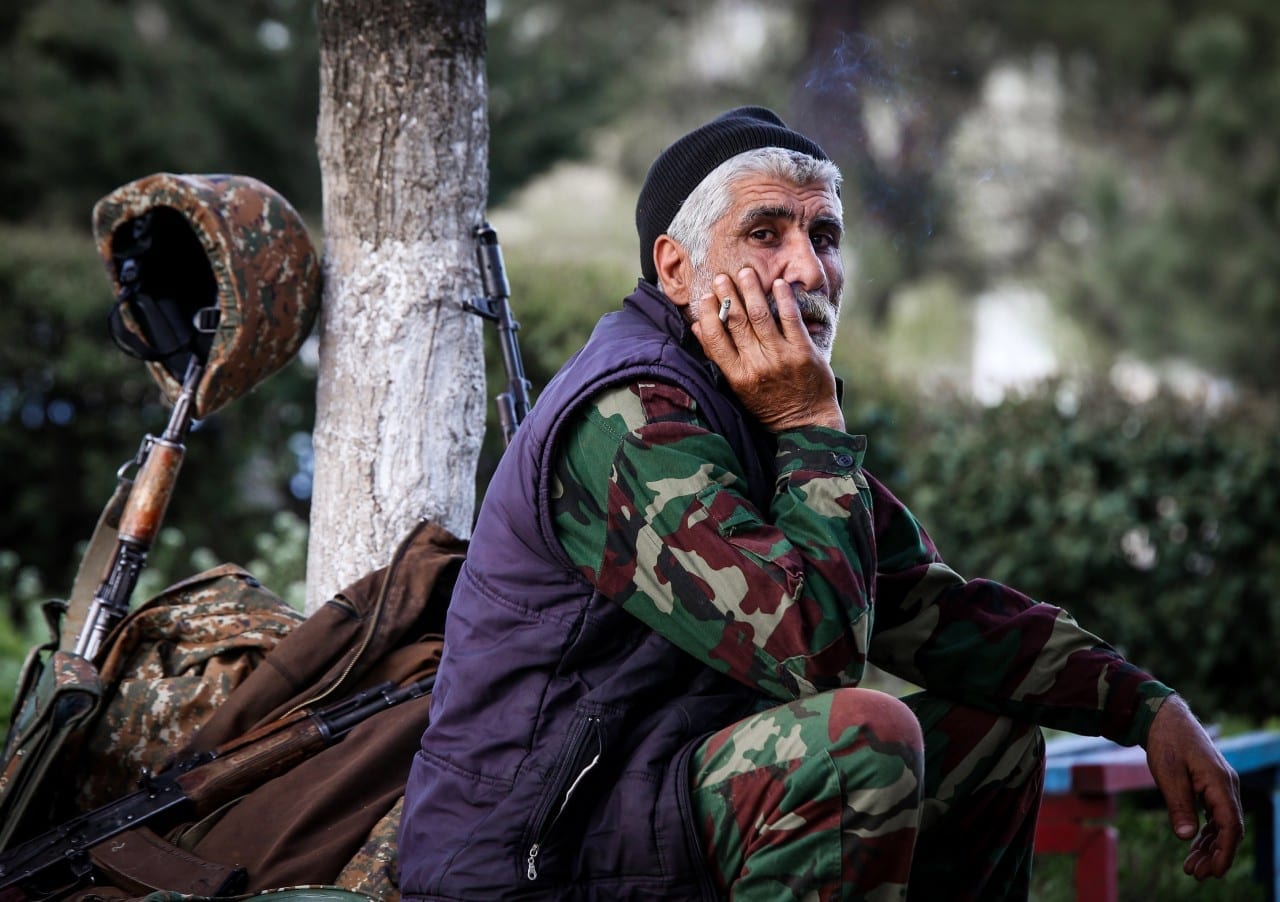Erdogan’s desire to send Turkish troops to Karabakh can lead to a conflict not only with Russia, but also with the West…
This weekend OSCE Minsk Group Co-Chairs will visit Yerevan and Baku to discuss Nagorno-Karabakh conflict settlement with the political leadership of Armenia and Azerbaijan. It was announced by Assistant Secretary of State Philip Riker pointing out the lack of alternative to the existing diplomatic format to resolve disputes around Nagorno-Karabakh.
The speech of American diplomat clearly shows notes of dissatisfaction with Turkey’s extreme activity in the Karabakh direction. Within the last month after tripartite agreement was accepted the Turkish President Recep Tayyip Erdogan together with Azerbaijani leader Ilham Aliyev have been working towards legalization of Ankara’s status as a full participant in the Nagorno-Karabakh settlement. As soon as Turkey gets this status, Ankara will probably send peacekeeping contingent to the territory of Nagorno-Karabakh along with the Russian troops already transferred to the conflict zone.
At first Erdogan had unsuccessfully tried to negotiate with Vladimir Putin to create Turkish independent center to monitor ceasefire aiming to strengthen Ankaras role in the South Caucasus. Then Turkish officials announced a rapid transfer of engineering units to Nagorno-Karabakh to clear the area. Meanwhile among Russian and Armenian military experts arose reasonable fears that Ankara would send Special Forces under the guise of sappers for diversionary operations.
Erdogan turned to the “creeping denunciation” of a tripartite agreement adopted with the decisive role of Russian diplomacy being at furious of the Kremlin’s inconsistency. In particular, Azerbaijani President Ilham Aliyev began to stubbornly insist on the adoption of a new document fixing the status of Nagorno-Karabakh as a territory of Azerbaijan that absolutely contraries the previously accepted formula. Now Baku demands the agreement to include the Russian peacekeepers presence in “Azerbaijani soil.” The Azerbaijani leader unlikely dared to do it without considering Erdogan position, who had been the political overlord of Baku for the long time.
Meanwhile Moscow and Ankara stopped trying to hide their diplomatic conflicts. This fact gives an opportunity for the West to seize the initiative in resolving the Karabakh conflict. Certainly the West is unlikely to be able to be the only regulative factor in Nagorno-Karabakh amid the enormous economic turmoil caused by the coronavirus pandemic. However, it can moderate Erdogans appetites if unites with Moscow.
The Kremlin, paradoxically, can make a deal with its partners in the OSCE Minsk Group in order to hold back an overenthusiastic Turkish president. The first joint step of the anti-Turkish tandem of Moscow and the West is likely to be the granting Russian peacekeepers stationed in Nagorno-Karabakh with the OSCE mandate. This will instantly destroy Erdogan’s hopes of sending his “blue helmets” to the region, bypassing international institutions.
Against this backdrop, Vladimir Putin’s expression of respect for the efforts of France and the United States to promote mediation in Nagorno-Karabakh looks like a prologue of the future alliance during an interview with Kremlin journalists. American expert Bradley Reynolds points to Moscow’s interest in forming an “ad hoc” coalition with Paris and Washington.
“Russia has been investing in the geopolitical game in Transcaucasia, in which the stakes are rising, therefore Moscow may have a need to contribute to its efforts for a long-term political settlement of the conflict in Nagorno-Karabakh,” the political scientist stated.
The White House also does not deny readiness for “building bridges” with the Kremlin to keep the Turkish president out of the game. “We are concerned about the role of Turkey, the participation of foreign militants, the supply of weapons to Azerbaijan by Ankara. These issues are on the agenda of our dialogue with Russia, acting assistant of US Secretary of State for Eurasia Philip Ricker emphasized.
Under these circumstances, Nagorno-Karabakh, which recently has been a battleground between Armenia and Azerbaijan, has been rapidly becoming an arena, where Turkey and the West clash each other. At the same time, Turkish leader Recep Tayyip Erdogan, in pursuit of growing geopolitical ambitions, may be left alone in the face of a coalition of the West and Russia, which may temporarily forget about previous disagreements in order to squeeze Erdogan from the advance of world politics.

